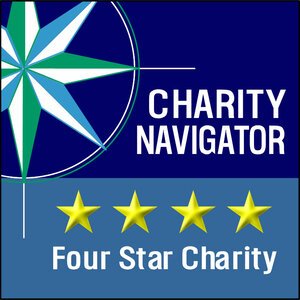Making Makilak
In places around the American West, Basque culture and traditions took root, especially as the region attracted thousands of Basque families and workers to labor on sheep camps and ranches. Today, in Elko, Basque communities carry on traditional arts and practices with a bit of high desert flavor. Elko holds many icons of this western Basque culture, from Basque dining halls and boarding houses to the National Basque Festival to…Bob Echeverria and his makilak!
Bob was kind enough to walk us through his process of creating makilak (plural for makila), a practice that begins with tangible ties to the Great Basin and the landscapes of Elko County. A makila is a traditional Basque walking stick and serves as a prestigious symbol and instrument for both trekking and defense. Shepherds still carry them to help guide their flocks. And, at the upcoming 40th Gathering, Bob will return to teach others how to carve their own makila (he debuted this workshop at the 34th Gathering in 2018).
Bob's truck load of bug-killed quaking aspen wood. Photo by Bob Echeverria
Bob’s already started sourcing the raw sticks in preparation. Last month, he harvested bug-killed quaking aspen wood locally in Elko County, from a friendly patch of private land in a canyon in the Independence Mountains called Tommy Joe. Bob harvested the dead wood now because the canyon is not accessible after late October due to its high elevation.
Once Bob harvests the wood, he peels back the bark to reveal wandering designs in the wood made by worms. However, “not all sticks will have great worm art,” Bob notes. Finding a stick with magnificent worm art is “luck of the draw and review when peeling said stick.”
He plans to sort 30 of the best sticks he harvested and set them aside for the Gathering. The worm art provides a perfect background for the symbolic carving Bob will teach in his workshop.
In December, Bob also plans to harvest some green quaking aspens from private land 25 miles out in the East Humboldts, which is at a lower elevation than Tommy Joe Canyon. When green quaking aspens are peeled, the wood is very blond.
“The individual may choose one [wood] or the other to work on and take home to use and improve [in my workshop]. If individuals wanted one [stick] of each, I could make it happen.” Bob says.
Snag your own custom-carved (by you!) makila at Bob’s workshop as part of the 40th National Cowboy Poetry Gathering produced by the Western Folklife Center:
Makila Carving
Fri, Jan. 29, 2025
10am-3pm
$40
Elko High School Performing Arts Building, 1297 College Ave, Elko, NV 89801
Photo by Callie Greenhaw
Bob Echeverria is a long-time resident of Elko, Nevada. After becoming a decorated veteran, Bob worked as an educator for many years, first at the Nevada Youth Training Center, where he taught social studies, and then at the Elko County School District’s Alternative School, where he worked with youth “at risk.” A steadfast promoter of Basque heritage and culture, Bob has been an active member of the Elko Euzkaldunak Club since 1973. He has served on the club’s board and as their delegate to NABO (North American Basque Organization) for many years, as well as holding multiple leadership positions with NABO itself. He has three sons and is the proud aitxitxe of seven grandchildren.













